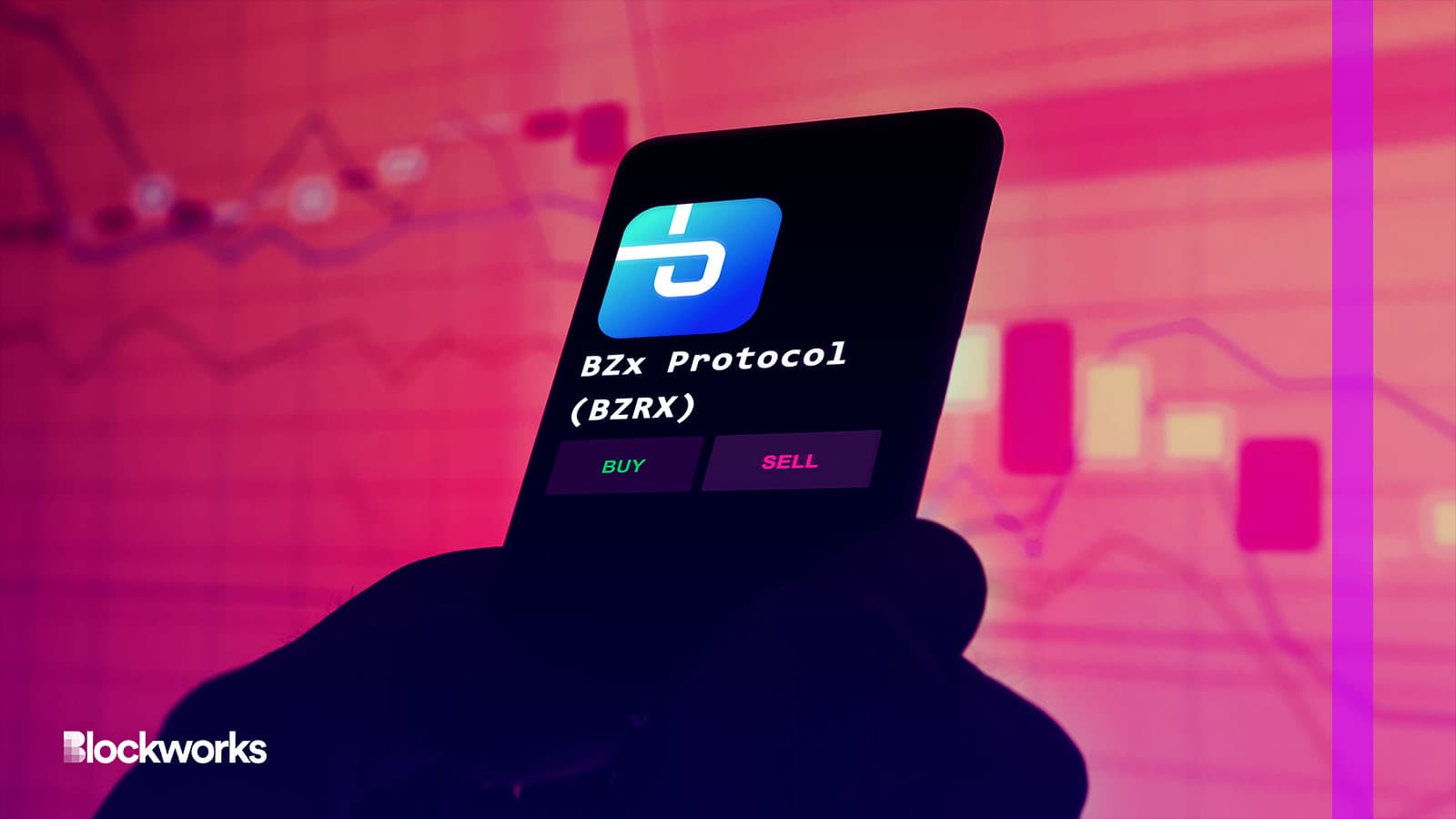DAO Governance Could Change Following This Court Ruling
Members of bZx DAO considered a “general partnership” with liability ramifications

Source: Shutterstock / Maurice Norbert, modified by Blockworks
Judges of the United States District Court of Southern California have denied the motion to excuse governance token holders from bZx decentralized autonomous organization (DAO), claiming they are plausibly liable for the loss of $55 million in an exploit occurred in 2021.
Users demanded that bZx be held accountable for the lost funds after it was revealed that a bZx developer had fallen for a “phishing” scam that gave a hacker access to the protocol’s private keys.
After failing to return stolen funds, the court emphasized that DAO governance members fell under the arrangement of a “general partnership” and dismissed a motion against them.
This means that despite not being the individual responsible for the attacks, the governing members of the DAO are all plausibly liable to each of the victims, making it possible that each and every token holder is responsible for the return of the lost funds.
In a Twitter post, Adam Cochran, a managing partner at Cinneamhain Ventures said that “dismissing the motion does not mean the court decided that owning the token makes you 100% liable — yet. It just means they refused to take it off the table.”
“It means that they feel there is some grounds for the case that a DeFi app with a DAO structure could extend legal liability to anyone who simply holds the token in certain circumstances — and that argument merits more discussion in court,” Cochran said.
It is important to note that in the United States, by default, general partnerships imply that there is an equal amount of voting power, which is often not the case for DAOs, where different token holders have a very different amount of control over the protocol.
Although partnership structures could benefit certain DAOs, Mel.eth, a pseudonymous DAO governance consultant, told Blockworks, not all DAOs are organized as such. And DAOs that are not structured like this should not be categorized inappropriately.
“The current framework of law isn’t coordinated enough to provide viable solutions and this fact will become increasingly obvious as we see increasingly misfit applications of outdated terminology and organizational strictures,” Mel said. “DAOs are not partnerships in my considered opinion, but a partnership structure might befit some DAOs.”
Updated March 30, 2023 at 9:59 am ET: A previous version of this story stated that Mel.eth was a contributor at Index Coop.
Get the news in your inbox. Explore Blockworks newsletters:
- The Breakdown: Decoding crypto and the markets. Daily.
- 0xResearch: Alpha in your inbox. Think like an analyst.






